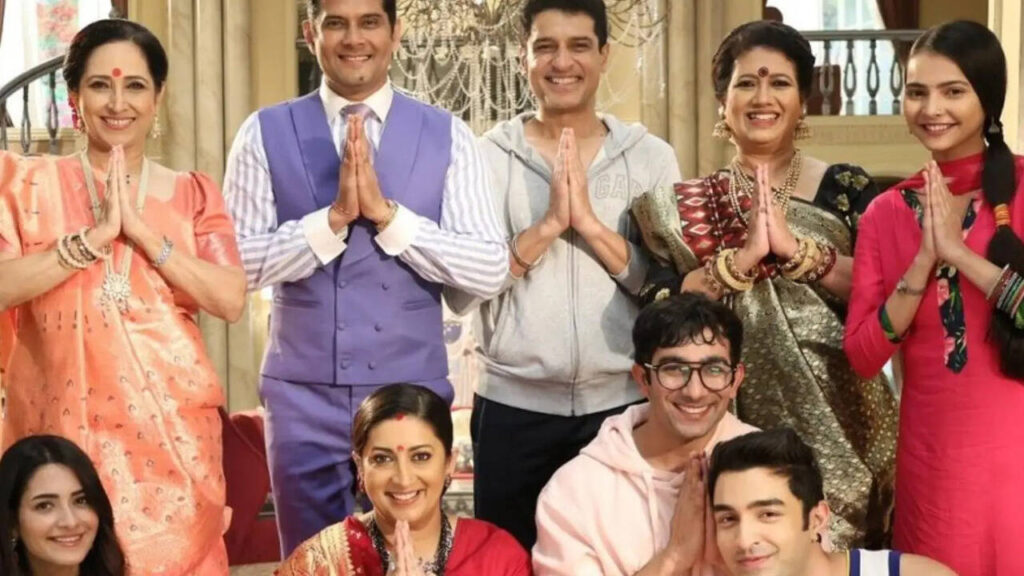
Introduction
‘Kyunki Saas Bhi Kabhi Bahu Thi’, a landmark Indian television series created by Ekta Kapoor, first aired in 2000 on Star Plus. The show became a cultural phenomenon, influencing the soap opera genre and Indian television as a whole. Its portrayal of family dynamics and traditional values resonated with audiences across the country, making it not just a television show, but a significant aspect of Indian culture and society.
Plot Overview and Characters
The series focused on the life of Tulsi Virani, played by Smriti Irani, a quintessential Indian woman navigating challenges within her family and society. As she dealt with issues ranging from love and betrayal to societal expectations, Tulsi became an icon for many viewers. The ensemble cast also included notable figures like Saahil Chadha, who played her husband, and other family members who brought additional complexity to the narrative.
Impact on Television and Society
‘Kyunki Saas Bhi Kabhi Bahu Thi’ was pivotal in shaping the television landscape in India. It introduced unique storytelling elements, including plot twists and extended family drama, and gave rise to a new wave of soap operas known as ‘K-serials’ that followed its success. The show’s popularity also sparked discussions about women’s roles, identity, and autonomy in a patriarchal society, impacting viewers’ perceptions and sparking cultural dialogues.
Legacy and Revival
The show aired for an impressive eight years, concluding in 2008, and has since enjoyed a legacy that remains strong. It set high standards for family dramas and solidified Ekta Kapoor’s reputation as a leading producer in the Indian television industry. In recent years, the original cast has often been invited back for special episodes and reunions, underscoring the show’s lasting impact. In 2022, the revival of old episodes was met with enthusiasm, allowing a new generation to experience the classic series.
Conclusion
‘Kyunki Saas Bhi Kabhi Bahu Thi’ remains an influential part of Indian television history. Its contributions to storytelling and character development continue to inspire modern dramas, while its themes of family and societal values resonate across generations. As discussions around female empowerment and representation in media evolve, the show’s legacy serves as a reminder of the powerful narratives that have shaped Indian cultural identity.



